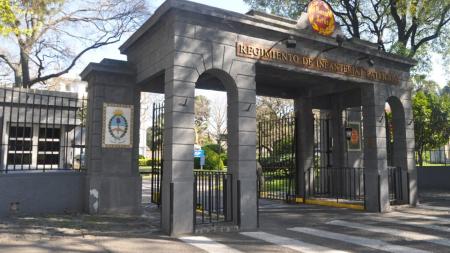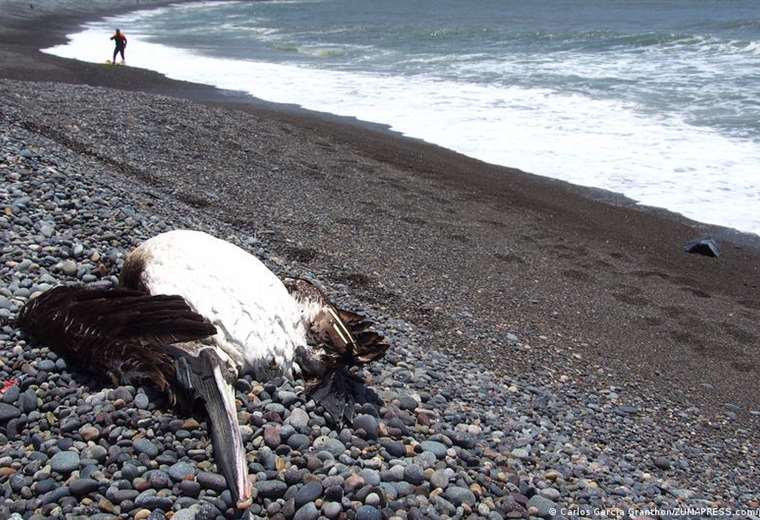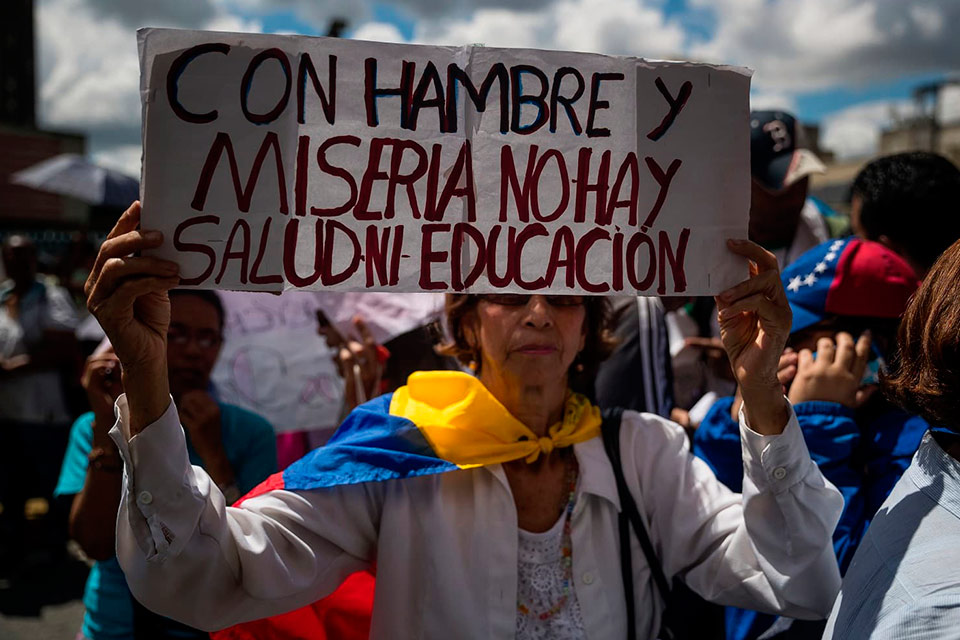The investigation carried out by federal judge Daniel Rafecas in the First Army Corps case made it possible to “corroborate” that the Patricios Infantry Regiment “had indeed been a clandestine center” ofuring the military dictatorship and alerted the community of Trenque Lauquen about the imputation of the repressor Hector Sergio Monacoa native of that city.
Last year, the court was able to advance in case 14.216/2003, known as the First Army Corps, due to the compilation of testimonies provided by the National Human Rights Secretariat on victims who had declared that they had been kidnapped in that military unit. of the Buenos Aires neighborhood of Palermo during the last dictatorship.
While, on September 21, 2022 an eye test was carried out with survivors that they recognized the property of the Patricios Regiment, located at the intersection of Santa Fe and Luis María Campos avenues, as the site of their captivity. “This inspection allowed us to corroborate that this place had indeed been a clandestine center,” he said in dialogue with Télam. the plaintiff lawyer in the case, Pablo Llonto.
Last November, Rafecas ordered the arrest of eight defendants: Jorge Rubén Farinella, Ramón Manuel Vega, Carlos Washington Urqueta, Héctor Sergio Mónaco, Héctor Roberto Ranfagni, Miguel Ángel Ciruzzi, Alfonso Agustín Reuther and Hugo López.
The repressors were members of the Staff of the 1st Patricios Infantry Regiment, which would have commanded what was Geographic Area II of Zone I of the First Army Corps.
All received house arrest, with the exception of Ciruzzi who claimed health problems and the order on him did not come to fruition.
The detainees, who have already been investigated, were charged with the alleged intervention in the illegal deprivation of liberty of 96 people and the application of torture to ten of them.
“The judge, first, made a compilation of the cases to see who was kidnapped in the Patricios Regiment. And second, to see who was kidnapped in the geographical area that the Regiment was in charge of.”
Ricardo Alberto “Riki” Frank Huarte and Sergio Antonio “Yoyi” Martínez Giménez, natives of Trenque Lauquen, were kidnapped in the apartment where they lived in the Palermo neighborhood, in November 1978, and are part of the 96 victims.
Ricardo’s sister and member of the Commission for Human Rights of Trenque Lauquen, Lydia Frankaffirmed in dialogue with Télam that the knowledge of Monaco’s arrest “fell like a cold water bomb” on that city and motivated the making of a statement to repudiate the repressor, since both he and two of his victims are natives of the place.
In addition, Frank pointed out that he met Monaco in his teens: “We were friends, we went to his house. I knew the father and the mother.” Meanwhile, he affirmed that he later lost track of him “when he came to study at the Military College.”
At the same time, he confided that the defendant also knew his brother and “Yoyi”, although he did not know the degree of participation he may have had in their disappearances. Coming soon, will ask to become a plaintiff in the case In order, thus, to have access to the file, which is under summary secrecy.
“Anyone who walks next to you may have been someone who had something to do with the repression that took place in our country. I know from survivor testimonies that my brother was in the Navy School of Mechanics (ESMA). What I don’t know is if they were first taken to the Patricios Regiment or if they were taken directly to the Mechanics School,” Frank said.
Consulted about this case, Llonto clarified that although Ricardo Frank could have been “taken to ESMA”, the file shows that his kidnapping “was carried out in the place where the Patricios Regiment was in charge.”
“Then they had to have acted or granted a free zone for another group of tasks to act,” he said. Along these lines, the lawyer stated that “everything indicates” that the Patricios Regiment was “a place of not extensive captivity”but clarified that it was not a mere “transit” site either.
In addition, he indicated that “There are dozens of clandestine centers that have not yet had their trial” and pointed against “the slowness of the causes” as the main reason.
In this regard, he announced that during this year, together with the rest of the lawyers for causes against humanity, they will present a bill “to speed up” these judicial processes.
















